Uncountable Nouns
Rules and Examples
Nouns are usually countable or uncountable.
Click Here for Step-by-Step Rules, Stories and Exercises to Practice All English Tenses
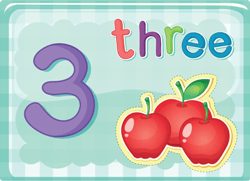
Countable nouns can be counted and have singular and plural forms.
- 1 apple/3 apples
- 1 foot/12 feet
- a mouse/several mice
Uncountable Nouns:
Uncountable nouns
(also called noncount nouns and mass nouns) are nouns
that:- cannot be counted
- cannot be made plural
- are not usually used with the articles
"a" or "an"
- cannot be used alone with numbers
We cannot "count" uncountable nouns by themselves.
For example, we cannot count sugar by itself.
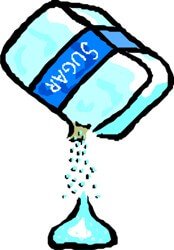
We can count teaspoons of sugar, cubes of sugar and cups of sugar.
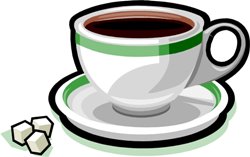
Many uncountable nouns refer to substances such as butter and water.
Other uncountable nouns refer to emotions and ideas such as knowledge and happiness.
Here are some common uncountable
nouns:
| substances | emotions/ideas |
| sugar | love |
| milk | happiness |
| butter | power |
| water | patience |
| electricity | advice |
| money | grammar |
| news | education |
| coffee | sadness |
| work | time |
| sand | hate |
| weather | sorrow |
| furniture | forgiveness |
| food | experience |
| homework | peace |
| flour | anger |
Rules for using uncountable nouns
1. Uncountable nouns have only one form
Uncountable nouns act like a singular noun.
Examples:
Uncountable noun: Advice
Incorrect:
Uncountable noun: Furniture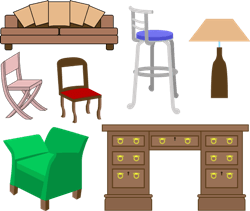
Incorrect:
Uncountable noun: Weather
Incorrect:
Uncountable noun: Butter
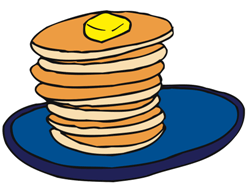
Incorrect:
Uncountable noun: Advice
Incorrect:
- I need advices.
- I need advice.
- I need some advice.
Uncountable noun: Furniture

Incorrect:
- The room is full of furnitures.
- The room is full of furniture.
- The room has a lot of furniture.
Uncountable noun: Weather
Incorrect:
- We have had cold weathers this week.
- We have had a lot of cold weather
this week.
- We haven’t had much warm weather
this week.
Uncountable noun: Butter

Incorrect:
- I put butters on my pancakes.
- I put butter
on my pancakes.
- I put a slice of butter on my pancakes.
2. Uncountable nouns do not immediately follow A or AN
Incorrect:
Incorrect:
Incorrect:
- I eat a sugar on my cereal.
- I eat sugar
on my cereal.
- I eat some sugar
on my cereal.
- I eat a spoonful of sugar on my cereal.
Incorrect:
- You must have an experience to apply for the job.
- You must have experience
to apply for the job.
- You must have a little experience to apply for the job.
Incorrect:
- I have a sand in my shoe.
- I have sand
in my shoe.
- I have a bunch of sand in my shoe.
3. You can modify uncountable nouns with quantity words and phrases
Quantity words and phrases make uncountable nouns appear countable.
Water cannot be counted. We do not know the amount of water.
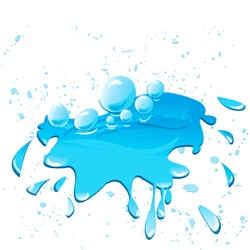
But, we CAN count:
- one cup of water
- a little bit of water
- some water
- a drop of water
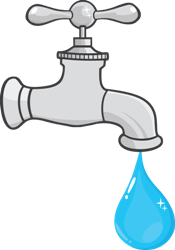
These are all amounts of water that can be counted.
Here are some common quantity words and phrases to use with uncountable nouns:
- some
- any
- a little
- much
- a lot of/lots of
- a little bit of
- enough
- plenty of
- no
- Step outside for some
fresh air.
- Did you bring any
luggage
to the hotel?
- Add a little
flour
to the dough.
- I don't hear much
noise
when the windows are shut.
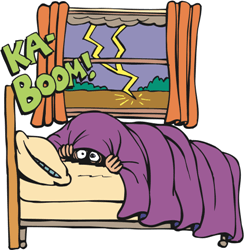
- I need a lot of
money
for my trip.
- Jim heard lots of
thunder
last night.
- A
little bit of kindness
goes a long way.
- The office does not have enough
work
for another employee.
- Teachers need plenty of
patience
to work with children.
- I have no coffee for my guests.
4. You can modify uncountable nouns by using a word that
specifies a
container or a form
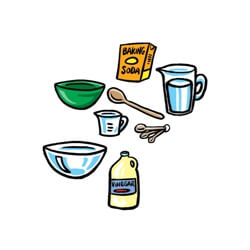
- handful/handfuls
- bottle/bottles
- jar/jars
- packet/packets
- cup/cups
- bowl/bowls
- piece/pieces
- bar/bars
- slab/slabs
- cube/cubes
- game/games
- grain/grains
- barrel/barrels
- handful
of grass
- bottle
of water
- jar
of coffee
- cups
of tea
- bowls
of cheese
- piece
of equipment

- bars of
gold and silver
- slab
of beef
- cubes
of sugar
- game
of tennis
- grains
of sand
- barrels
of wine
The container or form words can follow adjectives, numbers or the articles a/an/the.
Examples:
- a
handful
of grass
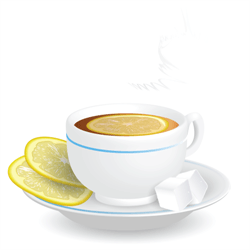
- the two
bottles
of water
- large
jars
of coffee
- the
packet
of salt
- a
warm cup of
tea
- half a
bowl
of cheese
- a
piece
of equipment
- twenty
bars
of gold or silver
- a huge
slab
of beef
- some
cubes
of sugar
- a
game
of tennis
- many
grains
of sand
- three
barrels
of wine
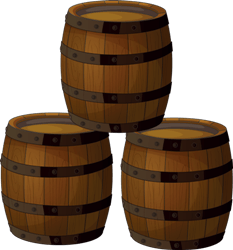
5. Some nouns can be countable or uncountable depending on their meaning and how they are used in a sentence
For example, let's look at the
word "glass."
singular: glass
plural: glasses
In sentences A and B, glass is a countable noun. We are talking about a drinking glass.
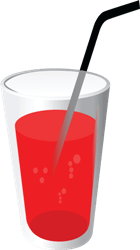
In sentence C, glasses is a countable noun. We are talking about a pair of spectacles or eye glasses.
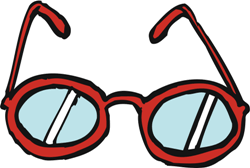
In sentence D, glass is an uncountable noun. We are talking about glass as a material. The window is made of glass. The window can be counted, but this type of glass cannot be counted.
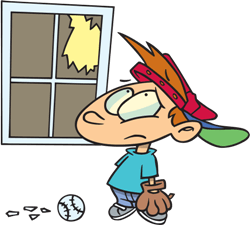
Let's look at another example.
singular: language
plural: languages
In sentence A, language is a singular countable noun.
In sentence B, languages is a plural countable noun.
In sentence C, language is an uncountable noun.
A few other words that can be countable or uncountable are:
singular: glass
plural: glasses
A) I drank a big glass of juice.
B) She drank two glasses.
C) He cannot see and will have to buy glasses.
D) The ball broke glass in the window.
B) She drank two glasses.
C) He cannot see and will have to buy glasses.
D) The ball broke glass in the window.
In sentences A and B, glass is a countable noun. We are talking about a drinking glass.

In sentence C, glasses is a countable noun. We are talking about a pair of spectacles or eye glasses.

In sentence D, glass is an uncountable noun. We are talking about glass as a material. The window is made of glass. The window can be counted, but this type of glass cannot be counted.

Let's look at another example.
singular: language
plural: languages
A) I only
speak one language.
B) She speaks three languages.
C) Please don't use bad language.
B) She speaks three languages.
C) Please don't use bad language.
In sentence A, language is a singular countable noun.
In sentence B, languages is a plural countable noun.
In sentence C, language is an uncountable noun.
A few other words that can be countable or uncountable are:
- paper
- hope
- business
- death
- time
- marriage
- power
- work
- property
- hair
These were the rules of uncountable nouns. Now that you know them, it is time to practice: Illustrated Worksheet on Countable and Uncountable Nouns.
Get Updates, Special Offers, and English Resources
Download your FREE GIFT (the first two chapters of
English Short Stories Book and Workbook)
as soon as you join!

By submitting your email, you consent to receiving updates and newsletters from us and to the sharing of your personal data with third parties for the purposes of sending you communications. We will not spam you. You can unsubscribe at any time. For more information, please see our privacy policy.





